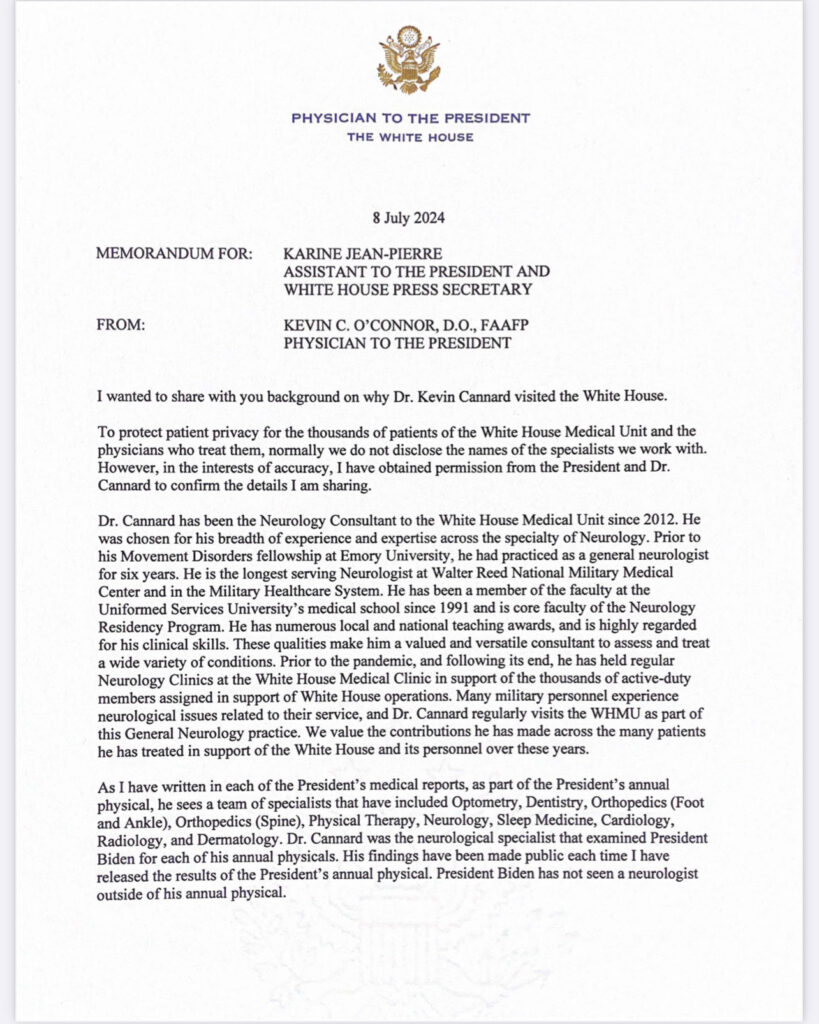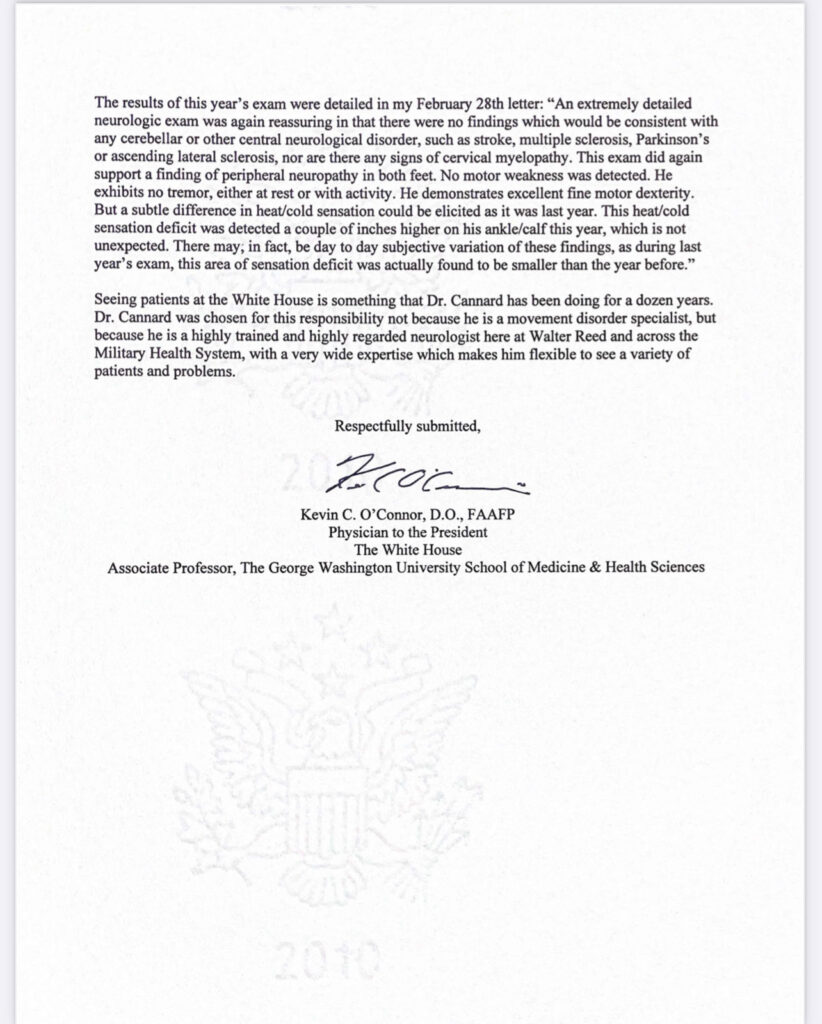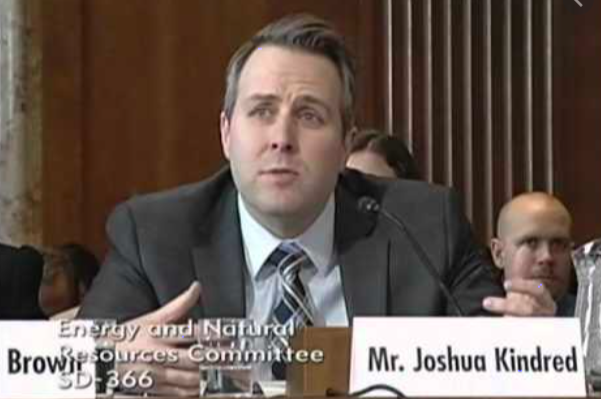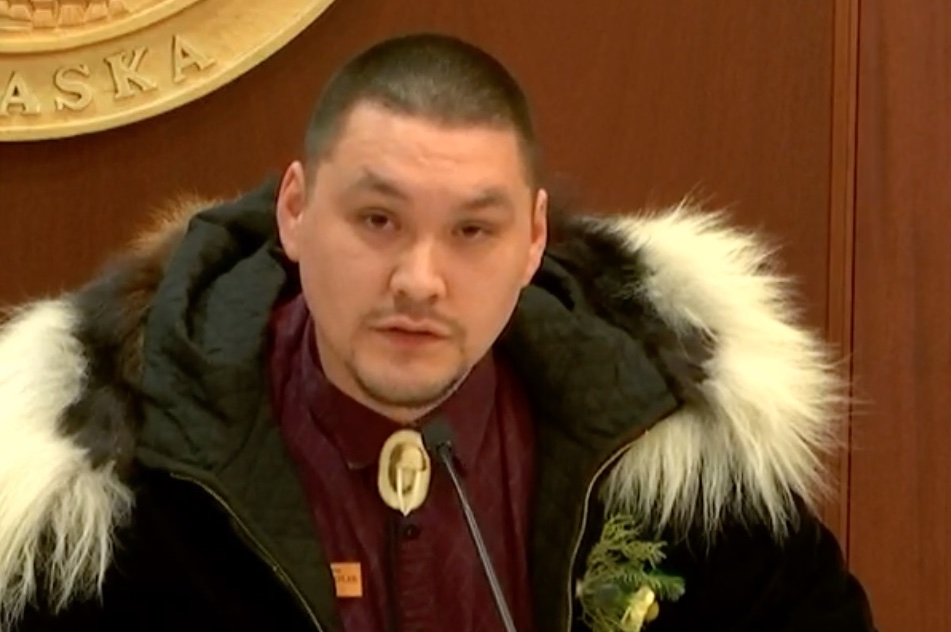By WAYNE HEIMER
When it comes to federal regulatory overreach, it has been reasonable to define my friends and me as one-trick ponies. We’ve been arguing the illegitimacy of federal regulatory overreach for decades.
If I understand the June 28 U.S. Supreme Court decision correctly, our little team of one-trick ponies just became Clydesdales.
Here’s the simple story: In 1984 (a dystopian date betokened by Orwell’s novel, “1984”) the Supreme Court ruled that deference should be given to federal agencies in court cases challenging federal agency rule-making.
I infer this decision was based on the assumption that federal agencies would typically operate in the greater public interest whenever Congress passed vague laws. Over the last 40 years, that assumption has apparently proven incorrect.
Legal deference meant it was virtually impossible to prevail in court if challenging an agency-made regulation. The result was that small fry were caught in the eddy of politically perceived public interest and suffered regulatory oppression from unelected career bureaucrats.
In the reversal of Chevron case, a group of herring fishermen sued because a federal agency (NOAA) had arbitrarily decided these fishermen must pay for federal harvest monitors aboard their boats. This was presumably to assure fish conservation.
This argument is similar to the financial pressure on Alaska to comply with federal regulations flowing from federal agency inferences drawn from the Alaska National Interest Lands Conservation Act.
It is reasonable to compare this “pay for your own compliance with federal regulations” to Alaska’s expenditures in attempting to comply with federal interpretation of ANILCA’s subsistence preference provision. There have been additional costs in resisting the associated federal management takeover.
For example, regulatory compliance was the prosecution’s mantra in the individual Sturgeon cases and the Jim Wilde case. Both prosecutions were based on forcing compliance with arbitrary ANILCA-derived regulations.
ANILCA’s subsistence language sounded noble when Congress did a sloppy job of legislating 44 years ago. ANILCA’s vague terms seemingly protected the little guy (rural residents) from alleged development threats. The resulting rule-making soon became the bureaucratic federal overreach that made my tribe look like one-trick ponies. The threats justifying ANILCA subsistence preference never materialized.
If this landmark Supreme Court decision is to mean anything, the one-trick ponies will have to cooperate as a thundering herd of Clydesdales. Cooperating Clydesdales can pull much more than a single one.
Will the ponies pull together? We’ll see.
Will Alaska’s Board of Game, supported by the governor and Alaska Legislature, stop acknowledging the administratively created Federal Subsistence Board as legitimate?
Will the western states that are most victimized by regulatory overreach pursue implementing this SCOTUS decision?
Will a hyper-protectionist Environmental Protection Agency still regulate how winter-dwelling Alaskans must NOT heat their homes (with wood)?
Will the climate control industry actually end fossil fuel in Alaska?
If we Clydesdales don’t pull together, I doubt much will change.
This Supreme Court decision should be a wake-up call for Alaska’s congressional delegation. With death of the Chevron Doctrine, it is time to stand more aggressively against capricious federal regulations that serve the feel-good interests of Lower 48 lobbies and activists, while oppressing Alaskans.
Sen. Dan Sullivan, has championed congressional review and revocation of arbitrary regulations in the Senate. His record is better than Sen. Lisa Murkowski’s and Rep. Mary Peltola’s. Still, representation demands recognizing specific interests, and that complicates things.
Regular Alaskans alone probably can’t afford to challenge federal regulations. Jim Wilde got a huge, “Make him an example!” fine, and Sturgeon spent years at a cost of about $1.7 million to win — twice at the Supreme Court. I argue the State, not individuals, should lead these lawsuits because of our statehood guarantees.
I’m not proposing more court cases, even though the Supreme Court just leveled the legal playing field. I’m proposing Alaska simply assert its statehood promises, and shift the burden of defending federal regulations to the regulators on that level playing field.
In other words: Let “them” sue “us.”
Implementing the ruling in Alaska will be challenging. Special interests served by administrative and arbitrary federal rulemaking will resist repeal of arbitrary regulations favoring their specific interests. Logically, these environmental and subsistence interests will probably resist because “looking out for number one” is what humans do.
Gov. Mike Duleavy has been better at recognizing challenges to Alaska’s sovereign, equal-footing-state status than any previous Alaskan governor (including the benighted Jay Hammond). The State has tried court challenges, but has been frustrated by the Chevron Doctrine.
With the Supreme Court decision overturning Chevron, I argue now is the opportune time to put Alaska’s Constitution, Statehood Act, and Statehood Compact in proper priority perspective. If not now, when? Leadership muffed it by not pressing the issue after both Sturgeon cases. Please, let’s not do it again.
Wayne Heimer may seem to have been a one-trick pony for decades, but today it looks like he might have been right all along (whether he knew it or not) the “Chevron Doctrine.”










